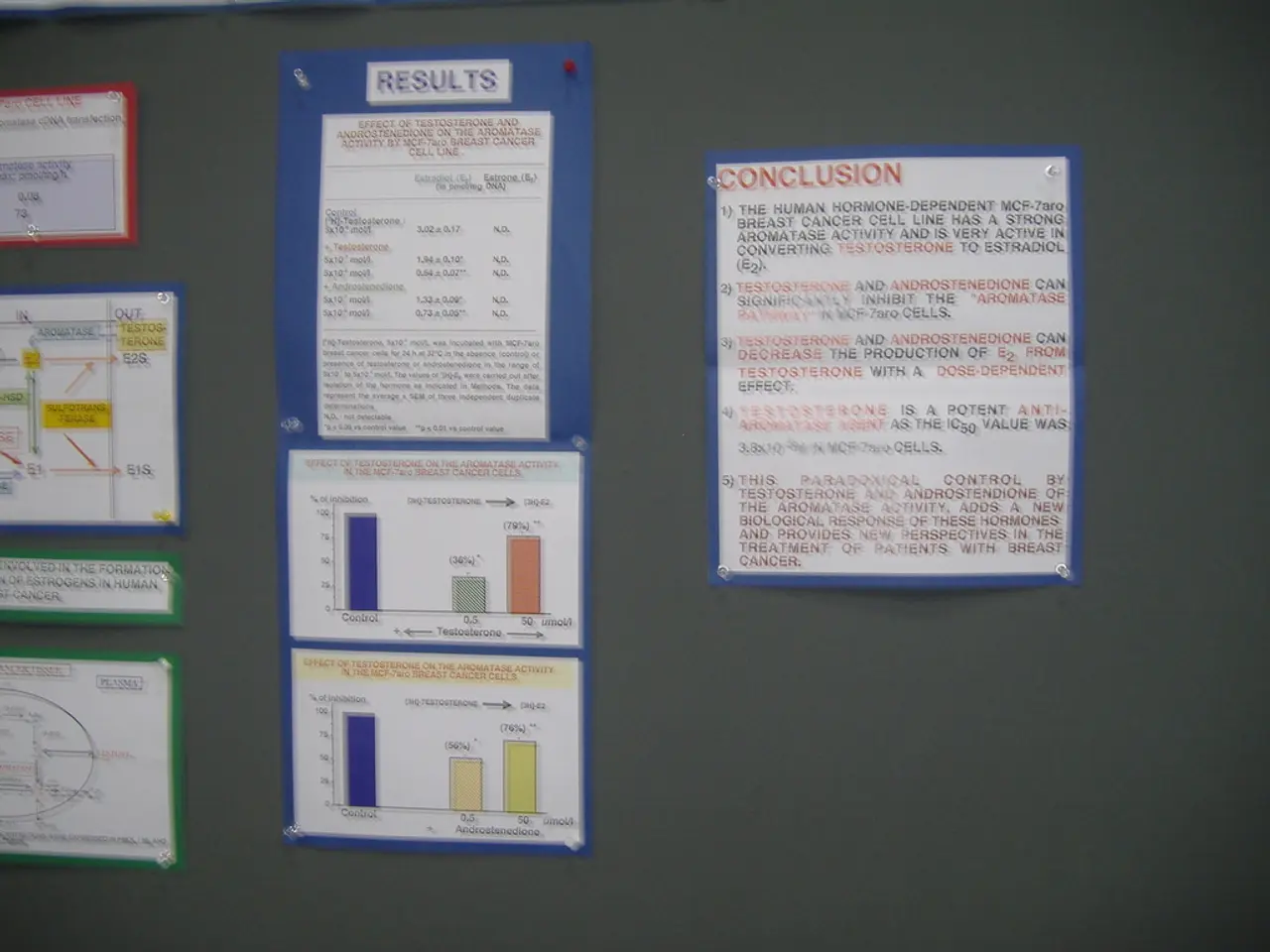Investigative Review of Remarkable Achievements
The Good Work Review on job quality in the Creative Industries, though not an exact document, provides valuable insights into the workforce conditions, challenges, and opportunities within the UK’s creative sector. This sector, a significant contributor to the economy and culture, employed 2.4 million people in 2023 and contributed over £124 billion to the economy, marking a significant increase since 2019.
Key Findings
- The creative industries are expanding rapidly, with employment growth far outpacing the national average. From 2011 to 2023, the sector saw a 54.9% increase in employment compared to the overall economic growth.
- The workforce is diverse, encompassing roles requiring various skills, indicating complex sector needs.
- Job quality issues often relate to aspects like job motivation and work environment, which impact productivity and employee satisfaction.
- Positive work environments that encourage creativity, collaboration, autonomy, inclusivity, and employee well-being contribute significantly to motivation and job quality.
- Skills gaps and training provision challenges remain critical, affecting workforce development and future sustainability of the sector.
Recommendations
- Enhance training routes and skills development tailored for the creative sector to close existing gaps and future-proof the workforce.
- Foster positive work environments that promote innovation, creativity, employee autonomy, inclusivity, and well-being as essential for quality employment in creative roles.
- Support employee engagement through mentorship, collaboration, and skill-sharing initiatives to build a culture of continuous improvement and belonging.
- Address job motivation and work environment factors as central to improving productivity and job satisfaction among creative industry workers.
- Continue monitoring workforce trends to ensure the creative industries retain their growth trajectory while improving job quality and work conditions.
The Review was contributed to by 120 organizations from across the UK, representing a wide range of creative sectors. Interestingly, people working in the Creative Industries tend to have higher job satisfaction. The Good Work Review is an examination of job quality across the entire creative industries, covering fields such as advertising, architecture, crafts, design, film, music, video games, and performing and visual arts.
Post-Brexit, the way British firms trade and work with European counterparts in the Creative Industries has changed, but the sector continues to grow faster than the overall UK economy. To maintain this momentum, it is crucial to address the challenges identified in the Good Work Review and implement the recommended initiatives to ensure the creative industries remain a thriving and sustainable sector.
- The Good Work Review, a valuable documentation from 120 UK organizations, outlines the rapid expansion and growth of the Creative Industries, which employed 2.4 million people in 2023, contributing over £124 billion to the economy.
- The Creative Industries, a significant contributor to the UK's economy and culture, witness employment growth that outpaces the national average, as indicated by a 54.9% increase in employment from 2011 to 2023.
- The Creative Industries sector is diverse, encompassing roles requiring various skills, indicating complex sector needs across education, research, and skills training.
- Job quality issues in the industry often revolve around job motivation and work environment, which can impact productivity and employee satisfaction.
- To address these issues, positive work environments that foster creativity, collaboration, autonomy, inclusivity, and employee well-being are essential for motivating and improving job quality in creative roles.
- Skills gaps and training provision challenges continue to affect workforce development and the future sustainability of the Creative Industries.
- Enhancing training routes and skills development tailored for the Creative Industries, supporting employee engagement, and fostering positive work environments are crucial to future-proof the workforce and maintain the sector's growth.
- To ensure the Creative Industries retain their momentum and remain thriving, it is essential to implement the recommended initiatives, addressing the challenges identified in the Good Work Review, and continuing to monitor workforce trends.




